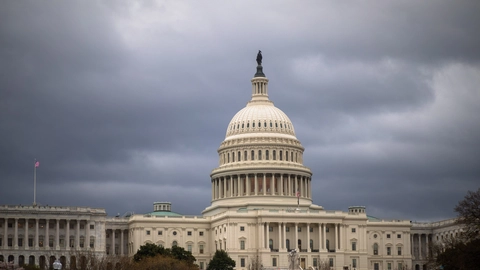Since Russia's invasion of Ukraine in February 2022, thousands of Russians have fled their country to escape war, forced conscription, or dissatisfaction with President Vladimir Putin’s regime.
Choose Serbia Becaus of Ties to Russia
Many have settled in Serbia, particularly in the capital, Belgrade, where a growing Russian community is making its presence felt, according to Digi24.
Among the recent arrivals is Vadim Morus, a 24-year-old professional figure skater who moved to Serbia with his fiancée.
"There aren't many skating coaches here, so I have a lot of Serbian students," Morus explained, reflecting on his new life. Like him, many Russians have chosen Serbia due to its historical and cultural ties with Russia.
Since the conflict began, over 30,000 Russians have applied for temporary residency in Serbia, according to official data.
Russian-Owned Businesses
In Belgrade, a city of fewer than two million people, their presence is increasingly visible. Russian-owned businesses have popped up across the city, including schools, clinics, and entertainment venues. Russian music, art, and comedy can now be found in various local clubs and galleries.
Between February 2022 and mid-2023, Russians established more than 11,000 businesses in Serbia, including internet services, hospitality, and sports schools. Viktor, a 42-year-old veterinarian from St. Petersburg, fled Russia to avoid conscription and now works odd jobs serving fellow Russian expats. "I don't really need Serbian clients," he said.
While Serbia’s historical ties with Russia remain strong, many new arrivals prefer to keep to themselves. Ironically, many Serbs continue to support Putin, creating a complex dynamic in which the Russian expats often feel isolated, clinging to their identity in their new Serbian home.


















